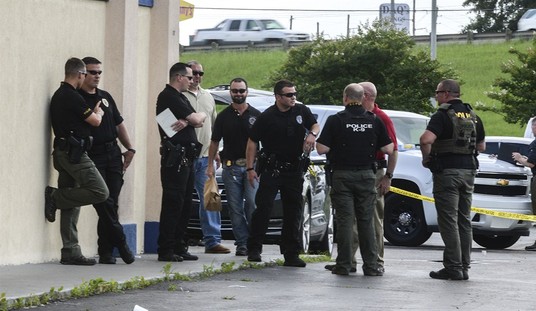Jonah Goldberg looks back at the recently deceased “Irving Kristol’s Clear Thinking”:
Buckley said that the neocons’ greatest contribution to conservatism was “sociology.” The early National Review conservatism was more Aristotelian, Buckley observed, while the neos brought the language of social science to the debate. National Review might first ask whether a government initiative was warranted under the Constitution, or whether it violated some immutable moral law. The neocons were less abstract. “The legitimate question to ask about any program,” according to Kristol, “is, ‘Will it work?’”
Starting at the height of LBJ’s Great Society, Kristol unleashed a cadre of America’s finest social scientists — James Q. Wilson, Seymour Martin Lipset, Charles Murray, Thomas Sowell, Stephan and Abigail Thernstrom, to name a few — to ask that question, and the answers usually confirmed that the Aristotelians were right all along. (No wonder the “law of unintended consequences” became the neocons’ motto.)
Kristol argued that there were two basic orientations on the Right: those who are anti-Left and those who are anti-state. An anti-statist would say the government shouldn’t be running the schools. The Kristolian would say public schools are fine; it’s what they teach that’s the problem. If anything, today’s conservatism is an imperfect fusion of these perspectives. Kristol himself became far more of a traditionalist, noting toward the end of his public life that the work of neoconservatism was largely done. The staffers at The Public Interest — not to mention his own son, Bill — were simply “conservatives” now.
Read the whole thing.










Join the conversation as a VIP Member